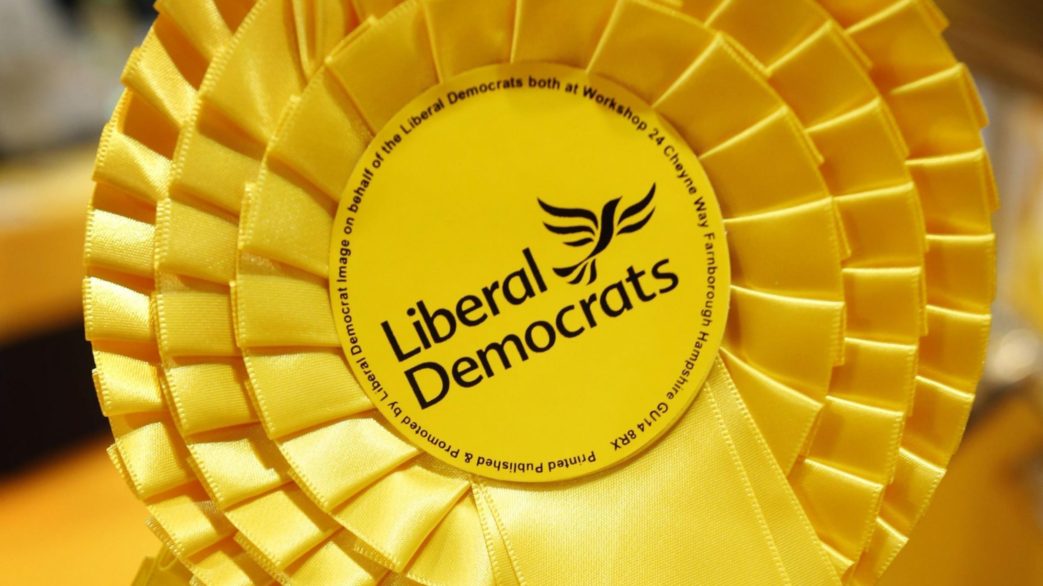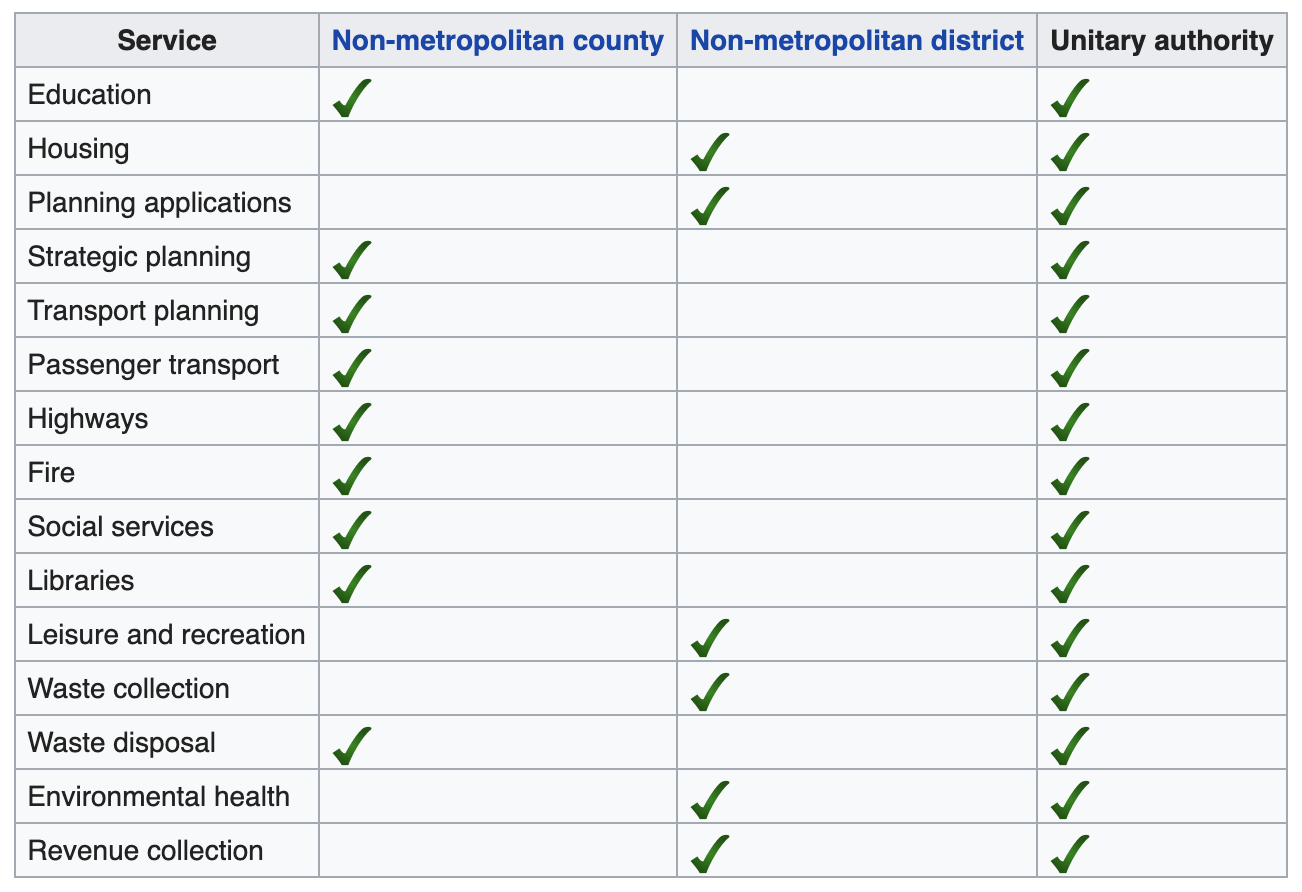Why UBI is the way forward
Universal basic income is a fundamentally liberal idea. It’s time the Lib Dems adopted it as our central economic pledge.
The significance of the economy for liberals cannot be understated. It is the underpinning of everything, and the single biggest determinant of one’s life chances and quality of life. It is essential, then, that the basic structure of the economy be set up correctly. The basic fabric should be fundamentally capitalistic: the capitalist economy at its most fundamental respects and responds to the choices of the individual, and thrives when our basic freedoms are most respected. But capitalism can be warped – without a proper flow of information, and without regulation, the power that capitalism rightfully deprives from the state in terms of economic control can be transferred almost entirely to private entities, where their unwarranted domination is no less problematic. True capitalism – liberal capitalism – must regulate free markets to ensure sufficient information is given to consumers to be able to make informed choices, must ensure no entity grows so large that it gains dominative power, and ensure that capital – capitalism’s basic unit – is accessible by the masses. The problem in recent times has been that companies have been owned by an increasingly elite group of people, and free markets have been pursued as an end in themselves, rather than an instrument for the freeing of individuals.
If our system is to be capitalist, then, money takes on a high value. Those with it can do as they please, unstressed and unburdened by the disenfranchising problems of poverty, while those without it feel exploited by a system that doesn’t work for them, disallowing them the free enjoyment of the fruits of our society and the economy. Most importantly, and most relevantly for liberalism, poverty means they lack the capacity as individuals to participate and engage in society and democracy, and from there stem multiple societal problems – disaffection leads to crime, to lower educational outcomes, and to health problems, particularly mental health problems. Individuals and families teeter permanently on the edge of poverty, where having enough to eat or pay rent is in doubt every month, and where every financial decision is a survival decision. This is economic precarity. It is a burning injustice. And in such a situation, it is clear that a person cannot participate fully in society. From a purely civic point of view, they haven’t the time or capacity to participate in political institutions to the same extent as their richer counterparts. But it is more than this: poorer people cannot take advantage of their fundamental civil liberties as much as rich people. Freedom is its own currency to be spent; important by virtue of what you can do with it. True freedom entails being able to live life according to your own notion of the good life, without undue interference or oppression. And so, what good is autonomy from the state if that autonomy cannot be enjoyed and taken advantage of as a result of economic forces; if every day is spent constantly labouring just to survive?
In this way, the poorest in our society cannot be said to possess equal freedom from domination compared to wealthier citizens, because they are dominated by financial pressures, and not economically free to flourish. Fixing that economic precarity that people find themselves in is crucial, then – it is a source of the highest domination in people’s day-to-day lives, and as liberals, we have to eradicate it.
How? As intimated above, our philosophical priority must be getting the poorest to a point where they can meaningfully participate and flourish in society; where they can make independent choices as to how they live their lives as individuals without being oppressed by economic necessity. And if precarity is the great barrier to that, and therefore the target of our action, there is a very simple answer: unconditionally give everyone a reliable source of income to push them over the threshold. This is a universal basic income (UBI), and has been trialled successfully in a few places around the world.
It is superior to the present welfare system for practical reasons: rather than creating a complicated bureaucracy of dozens of elements requiring form-filling, checks, multiple levels of processing, and everything that accompanies it, it is one single payment that everyone gets. For the rich, who don’t need the money, it gets taxed away, but for the very poorest, it completely removes economic precariousness as a source of domination, by knowing that whatever happens, they will have enough money to live off. Without that looming economic anxiety, they can make decisions about themselves in accordance with their own ideas of what the good life is – the pinnacle of liberalism.
Objections to this policy are obvious: giving money to people who don’t work for it could be criticised as subsidising the lazy. But there are compelling reasons why this is not a persuasive objection. Firstly, even in the present social welfare system, there are free-riders, as there will be in any comparable system. It is a constant section of the population, and giving the payment in one tranche and as one payment won’t affect that. If people will take advantage whatever the system, we should simply have the best system for those who genuinely do need it. And secondly, on a more philosophical level – the money proposed as part of a UBI would be enough to cover the basic costs of living. What compelling moral argument can there possibly be for someone not to receive the bare minimum to survive? All members of society, regardless of what they do or don’t do, deserve that much. To argue otherwise is to say that some people deserve destitution or penury. Such an argument is indefensible.
Another objection is that it would encourage people not to work. But it seems to me that this lacks force as well: very few people are satisfied with earning the bare minimum to live anyway. Indeed, empirical evidence shows this to be true. A UBI pilot in Canada in the 1970s found that there was no change in employment rates, but people did stay in education longer, there were fewer hospitalisations, and mental health admissions sharply declined.
A final objection is that while the basic idea is good, giving money to the rich as well is counterintuitive. Such objectors tend to propose alternatives like a negative income tax (NIT) as an alternative, whereby people earning below a threshold amount are paid by the state, in proportion to how far below that threshold they are. It is argued that this pays those who need it, while not giving payments to those who don’t. Bluntly, I am intensely relaxed about the difference between the two policies, and would be delighted if either UBI or NIT were implemented. However, NIT has one serious downside: if someone goes from earning above the threshold amount to below it (eg by losing their job), it would require a reassessment of their income, and a delay in receiving the updated NIT payment. This requires bureaucracy, and undermines the principle that everyone will be able to rely on having a basic income stream. It is merely an approximation of the current welfare system. Consider the current lockdown as a result of the coronavirus pandemic: if UBI were in place, everyone would still be getting paid, and no additional applications would be necessary. If it were NIT in place, those who had been earning over the threshold amount but were now jobless and penniless would have to wait for reassessment – clearly not good enough. It seems to me that UBI is a superior system, then.
In any case, poverty and economic uncertainty are two of the greatest causes of social and public health problems. Welfare systems are overcomplicated and enormously bureaucratic, leading to eye-watering costs, and also to people falling through the cracks and being left in dire need but with no money whatsoever for periods of weeks or months, while checks and assessments are carried out. A universal basic income identifies this source of economic domination, and eradicates it immediately. It is a happy coincidence that it also respects the dignity of the individual, giving them money and trusting them what to do with it. For the philosophically minded, this in particular will satisfy liberal luck egalitarians – people are given money to enable them not to be dominated. But if they choose to squander it (which studies show does not really happen at all), that is the consequence of their choice. It therefore corrects the brute bad luck of being born into a poor family, but not the bad option luck of using the money badly.
Liberals should be deeply alarmed by the great injustice of poverty, and its distorting effect on society. Rather than tinkering around with minor tweaks to tax rates, personal allowances and other things which fail to attack the core of the issue, we should be unafraid to be bold in our ambition to eradicate economic precariousness for every citizen of our country. A universal basic income does precisely that, and, I would argue, is a liberal thing indeed.
This is an edited and revised version of a post I wrote two years ago as part of a broader philosophical interrogation of what liberalism means. Those essays can be found here.


